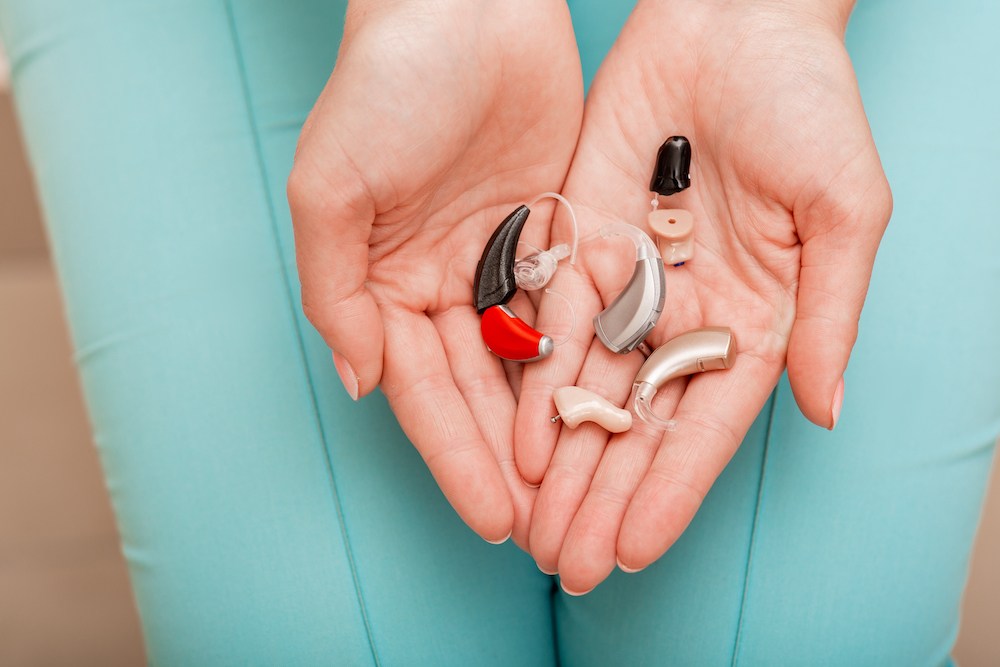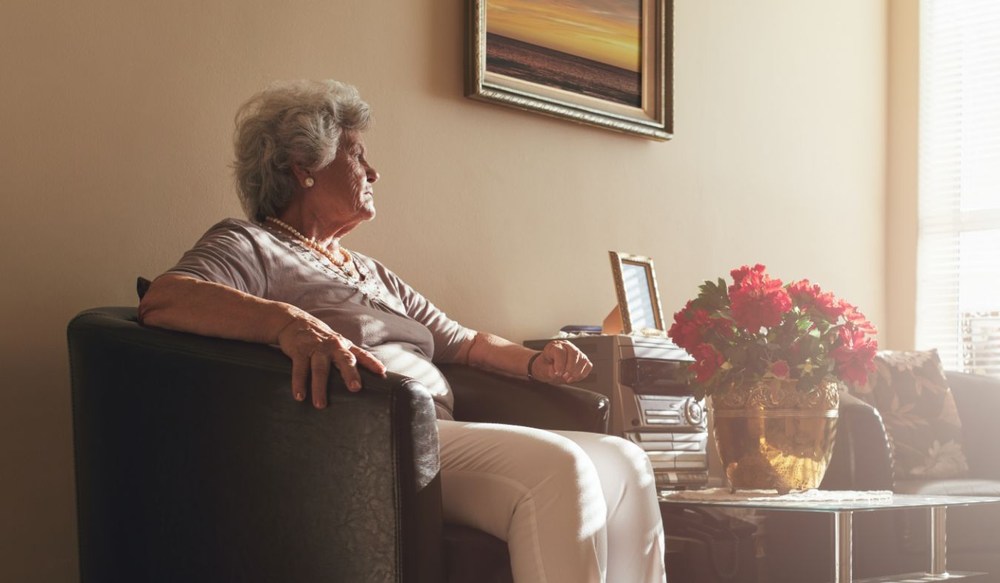How to Choose the Right Hearing Care Provider
Finding the right hearing care provider is a key step in managing hearing
Now serving the Westerly area, Schedule today!


Finding the right hearing care provider is a key step in managing hearing

Tinnitus is one of those problems that can drive you crazy if you

As a new parent, you’re already keeping track of feeding schedules,